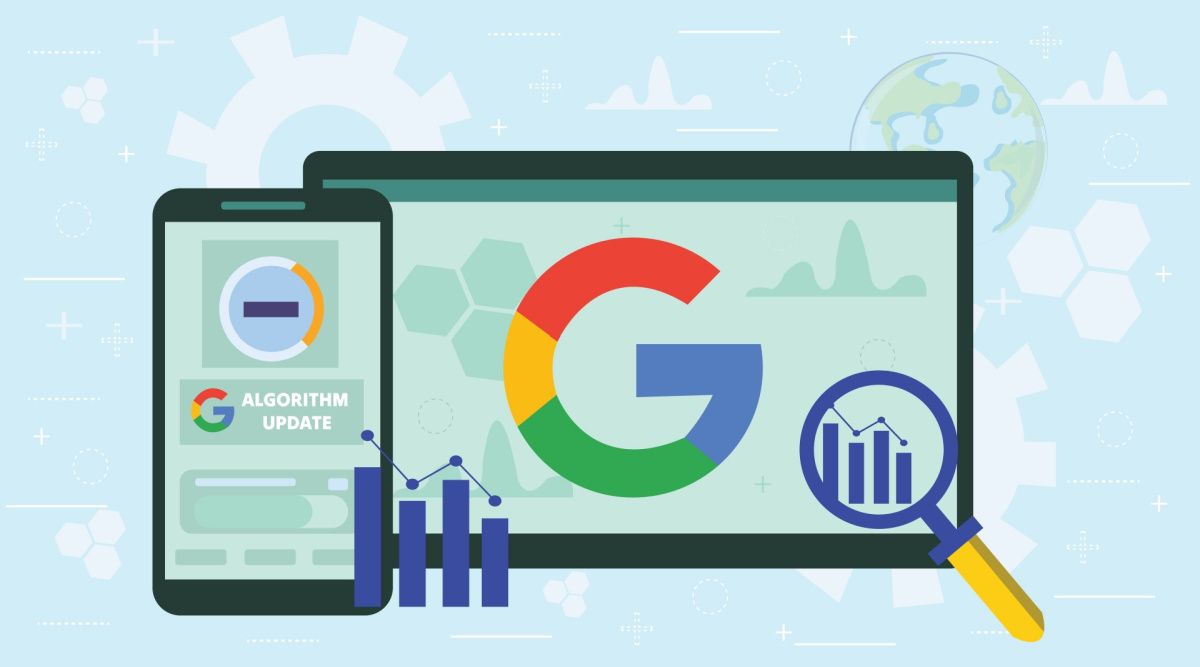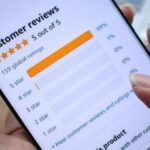
As a business owner, you know you need a strong online presence but figuring out the best way to achieve that can be tricky. You’ve probably heard a lot about SEO, or Search Engine Optimization but what exactly is the difference between local and organic SEO? Understanding both and how they work together is vital for any digital marketing strategy.
While both local SEO and organic SEO aim to get your business noticed by search engines like Google, they each use different tactics and appeal to separate audiences. This distinction can be the difference between attracting a handful of site visitors and drawing in a steady stream of eager potential customers ready to do business. Understanding the difference between local and organic SEO helps clarify the unique needs of your business.
Local SEO: Targeting Your Neighborhood
Imagine this: someone in your city searches Google for “best pizza near me.” Local SEO is what puts your pizzeria at the top of those geographically specific search results.
Simply put, Local SEO targets customers in a specific geographical location. Think “near me” searches. It ensures that when someone searches for a business like yours in your area, you show up ahead of the competition. Local SEO relies heavily on getting your business listed correctly in online directories (think Yelp, Google Business Profile, Apple Maps).
In order for local search marketing to be effective, make sure your business’s name, address and phone number (NAP) is consistent. This includes local listing directories and your website. It’s crucial for businesses with a physical storefront such as restaurants, shops, and salons. They all benefit from drawing foot traffic based on location.
Why Visuals Matter in Local SEO
Think about the last time you did a “near me” search for a restaurant. Did you gravitate towards the listings with mouthwatering food photos? Probably. Don’t underestimate the importance of high-quality visuals. Listings that include photos are 42% more likely to see clicks for directions – a pretty strong incentive for any local business.
Mastering Your Google Business Profile
Your Google Business Profile (GBP), previously known as Google My Business, is your digital storefront. Setting one up should be a top priority for local businesses. In a nutshell, it’s free advertising, letting you manage how your business appears across Google Search and Maps. Make sure you list important details, keep your hours updated, and include keywords relevant to your business. A well-optimized GBP increases your visibility in local search algorithms. It’s one of the easiest ways to improve local searches, especially if you want more details to appear.
Reviews and Local SEO
Before trying a new restaurant or shop, most people do their research by reading reviews. Think about your own online behavior: are you more likely to trust a business with dozens of positive reviews? Online reviews build trust and signal to potential customers that you’re reliable and trustworthy. It’s one of the first things they look at. Encouraging customers to leave reviews can boost your business’s visibility.
Organic SEO: Casting a Wider Net
Organic SEO, in contrast to local SEO, is about establishing your website as an authority in your industry. Imagine someone searches “how to fix a leaky faucet.” They are looking for answers and information, that’s where organic SEO steps in.
While this someone may not be in your immediate geographical area, good organic SEO is what could draw them to your website. This will lead them to your expertise and, eventually, your products or services. Ultimately this leads to increased visibility for a specific target audience, helping your business stay ahead of competitors.
The Role of Engaging Content
A core component of any organic SEO tactic is creating high-quality, keyword-rich content that addresses users’ questions. This could involve blog posts, articles, video tutorials – whatever best resonates with your audience. Creating useful and relevant content keeps readers engaged on your page.
Long-form, informative content that establishes you as an expert on the topic and gives practical, detailed advice can be extremely beneficial. It attracts not just site visits but qualified leads – those who find genuine value in your expertise and are more likely to become loyal customers.
But make sure the content loads quickly. Page speed has been a Google ranking factor since as early as 2010. You could have the most well-written content in the world, but it won’t rank as high in search engines if users abandon your site because it loads too slowly.
Link Building for Organic Growth
Link building plays a crucial role in organic SEO. When other authoritative sites in your niche link back to yours, this signals to Google that your website is trustworthy and relevant. Building a robust backlink profile increases organic traffic and improves your organic search rankings.
Which Strategy is Right for You?
So, we’ve outlined what the difference between local SEO and organic SEO is, but you’re probably thinking – which one should I prioritize? It’s not an either-or situation. In an ideal world, a successful business utilizes a mix of both.
If you have a brick-and-mortar store and rely on local foot traffic, prioritizing local SEO would be the better option. But even online-only businesses can benefit from targeting local customers and appearing in relevant “near me” searches. This becomes more vital if you have regional-specific offerings or wish to establish dominance in a specific area before expanding. Incorporating elements of local SEO like claiming your Google Business Profile can improve overall online visibility.
Let’s break down the unique advantages of each approach to see which SEO path would best suit your business needs.
Benefits of Local SEO
- Targeting customers who are ready to buy.
- Improved local visibility leads to more foot traffic for businesses with a physical presence.
- Relatively cheaper and quicker to achieve noticeable results compared to organic SEO.
Benefits of Organic SEO
- Higher organic traffic that compounds over time – the earlier you start, the better.
- Building trust and authority in your field.
- Sustainable long-term growth.
No matter what path you choose, don’t expect overnight success with either local SEO or organic SEO. Building a strong SEO strategy requires consistency, high-quality content, and time. Focus on what best serves your target market and then consider a two-pronged approach that includes elements of both to expand your reach.
FAQs About What is the Difference Between Local SEO and Organic SEO?
Is organic SEO better than local SEO?
There’s no definitive winner in an “organic vs. local” SEO battle – both play equally important roles. Businesses often grapple with the question of choosing between the two; but, ultimately a blended approach works best. The best approach depends on each business’s goals.
Local SEO suits businesses that primarily operate offline such as restaurants or stores. They thrive on customers close by. It drives traffic to their location through geo-targeted searches. Organic SEO is like building a global reputation. Anyone searching for your specific niche can find you – regardless of location. Businesses like e-commerce, SaaS companies, content creators, etc. benefit by focusing on attracting wider audiences. A hybrid approach, incorporating elements from both methods, offers the most comprehensive solution for many companies.
What is an example of local SEO?
Let’s say you own a vegan bakery in Austin, Texas. Local SEO is what makes sure your business shows up when a user searches for something like “vegan bakery near me,” or “best vegan cupcakes in Austin.” It also means having consistent NAP information – name, address, phone number – across different online directories. That way, potential customers can easily find you.
What’s an example of organic SEO?
Organic SEO targets those who are not geographically close by… at least, not yet. Think about a fashion e-commerce store based in New York City but targeting a national demographic. With local SEO, if someone 5,000 miles away in Los Angeles searches “trendy winter outfits”, that store in NYC wouldn’t show up. Instead of geographic terms, organic SEO relies on keywords, link-building, content marketing strategies. Its primary focus is increasing website traffic. Getting this traffic could come from targeting keywords like “best winter jackets” or “cute winter outfit ideas”. These help that store show up high on Google search results for users anywhere – whether it’s Los Angeles, Seattle, London, you name it.
By now, I hope we’ve thoroughly answered what the difference between local SEO and organic SEO is. These two facets of digital marketing are not competing strategies, but rather allies in maximizing online visibility and lead generation. When effectively combined, local SEO helps capture ready-to-buy local customers, while organic SEO strengthens your website’s online presence, establishing brand credibility. Integrating the two ensures a strong digital footprint, paving the path to sustained business growth.











